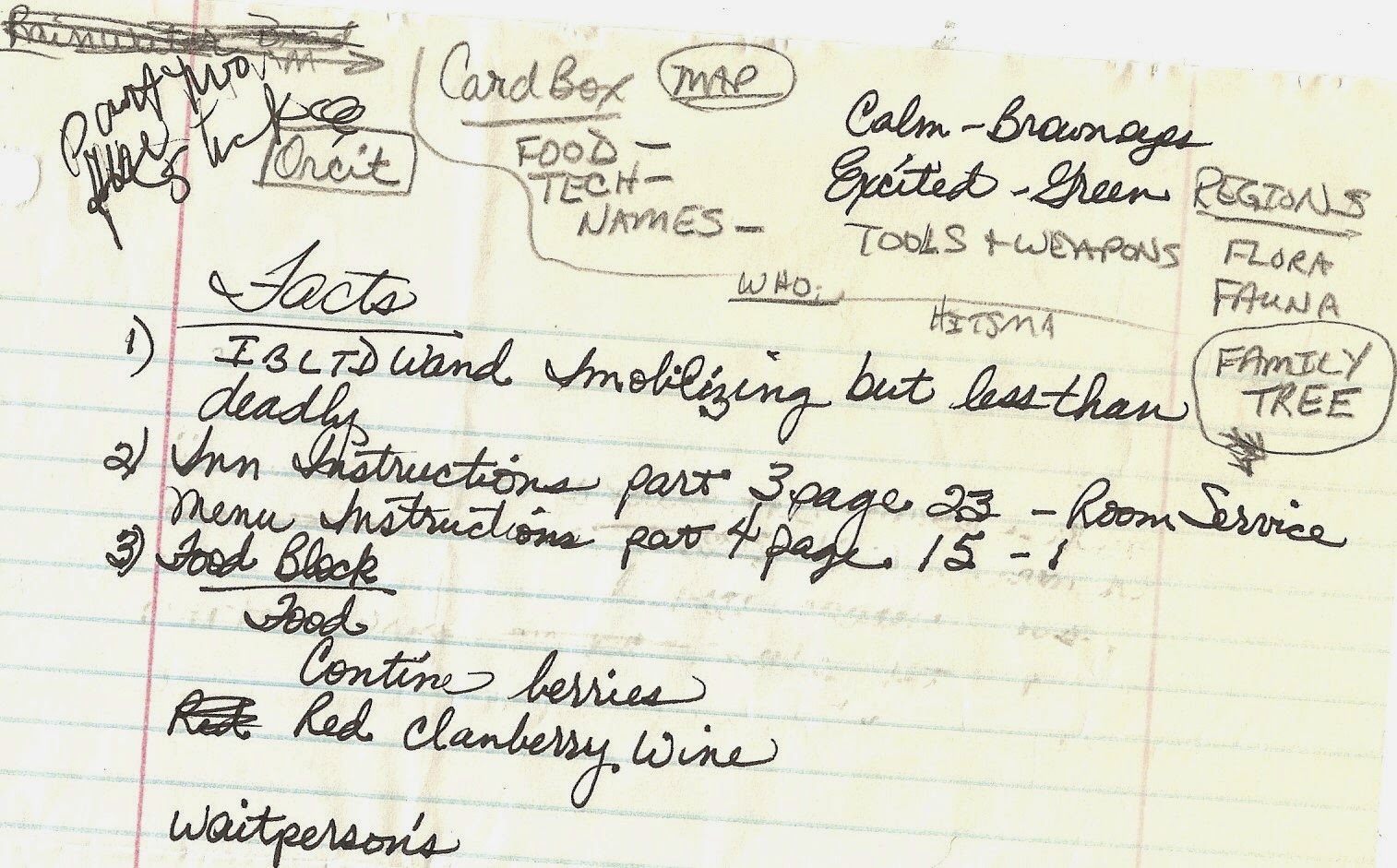 |
| Photo credit |
The rest of my office? Don't ask. But I want you all to know that last night, I did some sorting and tossing. I cleared a corner of items that had been sorted to be put away or dumped, but had become a total mess. It's now manageable and ready for some larger tossing. I've decided to enlist the grandkids' help with shredding papers, and I gathered a stack of folders for papers to be filed. I even did some filing!
There will always be piles. Like Becky, I usually have a good idea in which pile whatever I'm looking for can be found. Generally. But that doesn't mean we're disorganized. What we are is busy, active people.
Raising four daughters was chaotic. Raising anything is chaotic. Yet we survived. Nearly fifteen years ago, I divorced and left my home, taking the girls with me. In the next two years, we moved three more times. Each time, we tossed things into boxes and moved, never having time to sort through much of anything. We're still sorting and tossing, after living here for the past eleven-plus years. In fact, #3 daughter is coming later today to retrieve and toss her things from my attic. Anything left is either mine to keep or dispose of. Let's hope most is disposal.
But what you see is not always who you are. I quipped yesterday to a friend in an email that I'm OCD and disorganized. My youngest says that's not possible. Oh, but it is! There are certain things that must be done JUST SO, and to blazes with others. All anyone has to do is take a look at my stringent writing schedule when on deadline, glimpse my story bible or my word count/page count charts, and you'll see the perfect example of Obsessive Compulsive Disorder. Why? Because I have to.
And my comments about being a disorganized organized person? (I think I finally have that right!) Unbelievably true! And I have proof! While searching for a photo for today's post, I found not only the above photo, but an article that shed light on the subject. Are You Disorganized or "Differently Organized"? pretty much nailed me. Check it out. Read the first paragraph and see if you don't agree. I've been in one of those homes mentioned in the first paragraph. In fact, only one room--an enormous and beautifully maintained family room--was used very much. In fact, I think the couple lived mostly in there. Why would I think that? The carpet in the (formal) living room had plastic runners on the carpet. I'm not kidding!
There's always hope. There's always room for improvement, even if it's something as simple as a pencil holder for our desks. Instead of beating ourselves up, let's celebrate who we are and make improvements when we feel they're in our best interests. Set priorities. Are plastic runners on your carpet high on your list? Go for it! Do you feel comfortable with easy-to-find-piles or containers? Enjoy! Whatever makes your life easier, yet still comfortable and with a little room to improve, is basically all we need. Live life! Be happy!



















